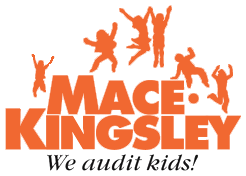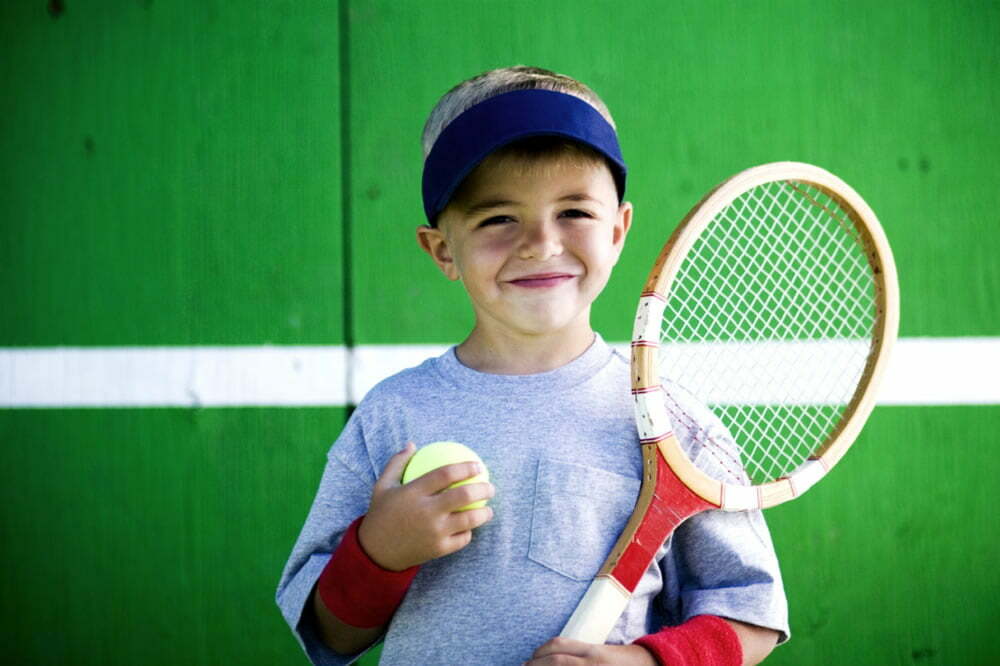I want to address the subject of “pleasure” today, as this is something that I see is an issue with a lot of teens.
As kids merge their way into adulthood they push for more and more independence. They want more and more to make their own decisions about what they can and cannot do. And parents often have trouble with this. As far as I can tell, here is the reason why:
In order for teens to have that kind of freedom they would have to totally understand how to choose something that will bring them the greatest survival potential.
OK, let’s be fair about this parents — as adults we have not always done this for ourselves and perhaps therein lies part of the nervousness about this. How many of us, either in the past or in the present, violated our own knowingness on how much sugar we should eat, how much sleep we should get, how long we are on that computer, whether to drink at a party (knowing we will need to drive home), whether to go to work when we are contagiously sick, on who we should hang around with, etc., etc., etc. If we had or have trouble with these kind of life decisions and we want the very best for our teens, then how do we trust them?
Believe it or not there is a way! There is a way for them and you both. There is a way to be educated to know how to know when your decisions will bring you the greatest survival potential.
One of the first ways is to understand what “Pleasure” really is. Per the American Oxford Dictionary pleasure is defined as: “a feeling of satisfaction or joy; enjoyment.” In fact, this is the definition I have found in most dictionaries. This definition is very vague and leaves the door wide open to a variety of things good and bad that might be considered pleasurable.
Now I am going to be blunt and honest about this. This comes up most often when parents send their 14-16 year olds to me, because their hormones are raging and getting them into all kinds of trouble. I’m not going to lie and tell you that it is not also the subjects of computers, drugs or alcohol and the myriad of other things it could be, but most often it is the first mentioned.
So let me clarify what, by observation will truly bring satisfaction and joy to a person’s life:
When one is physically healthy, setting achievable goals for the future and actually achieving them is when a person is most satisfied. The momentary “pleasure” one feels is only valid if it results in lasting joy. If the present pleasure will bring about sadness, misery, discomfort or illness in the near or distant future, then it cannot truly fit the definition of “pleasure”. In fact pleasure then becomes the index of survival and future survival. The happier a person is, the more satisfied and fulfilled he is, the better he will survive.
That brings us ultimately to the subject of how can one predict future occurrence, doesn’t it? And that is what our teens really need to learn to become truly correct in their estimation of pleasure. Is it possible? It is! Believe it or not there is information on how to correctly reason and be logical in one’s actions. And it is observably correct as when applied it works. In fact, by researched evidence it works the majority of the time when applied exactly. I will give you more data about this in future writings but for now if you want to know how to access this information and any of the courses related to them contact Mace-Kingsley Family Center at 727-442-3022 or www.macekingsley.com.
Wishing you true pleasure,
Diane DiGregorio Norgard
Mace-Kingsley Family Center
727-442-3922

